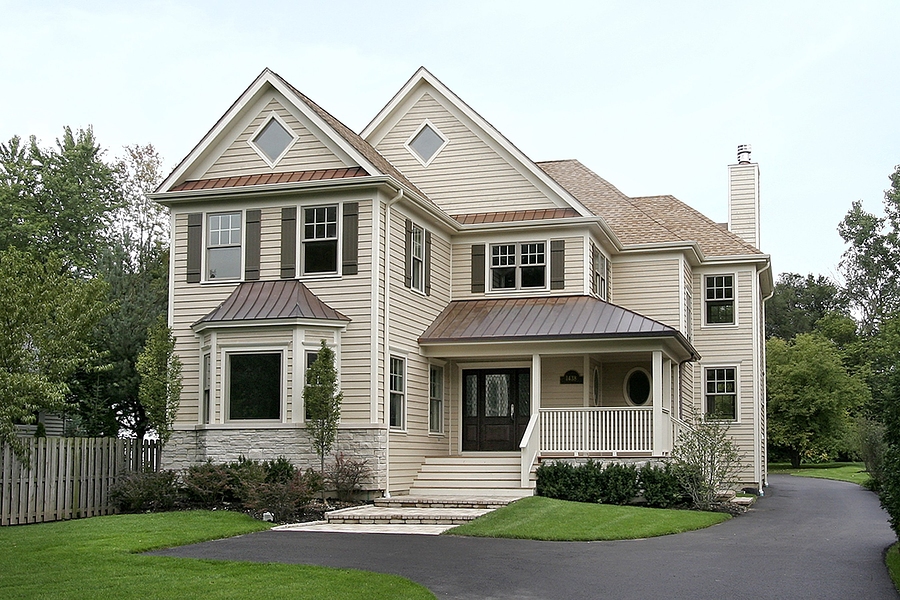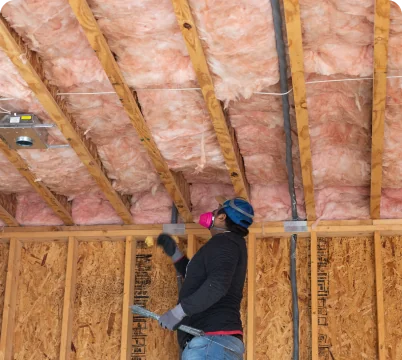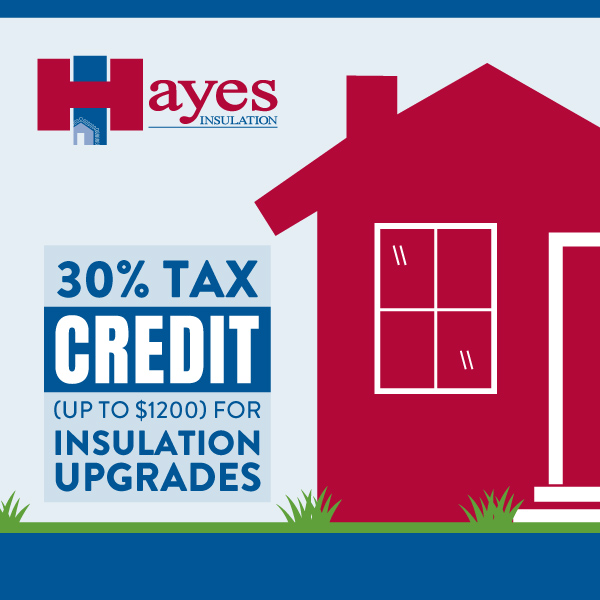It’s official. 2024 was Nashville’s hottest year on record, beating out 2023’s sweltering temps. And accompanying that heat? Rising cooling costs. In fact, Tennessee households were expected to see their summer energy bills jump from an average of $695 in 2023 to about $774 in 2024.
When summer temperatures in Nashville soar, many homeowners face a frustrating challenge: a hot upstairs that seems impossible to cool. This uncomfortable situation isn’t just an annoyance; it’s costing you money and comfort. The good news? Understanding the science behind this problem can lead to effective solutions and significant energy savings.

Your Home’s Summer Struggle
The culprit behind your hot upstairs is a phenomenon known as stack effect. Simply put, warm air rises while cool air sinks, creating an upward flow of hot air in your house. During Nashville summers, thanks to our hot, humid climate, this natural process becomes even more pronounced.
Hot air enters your home through various openings and penetrations, rises to the upper floors, and gets trapped. The consequences? Uncomfortable temperatures upstairs, an overworked HVAC system, and skyrocketing energy bills.
Your attic plays a big role in the process too. For instance, on a 95°F summer day, an uninsulated attic can hit 130°F or more thanks to the sun’s heat coming through the roof. That heat radiates down into the second floor, making your upstairs rooms miserable. Just think how hot many upstairs rooms were during Nashville’s heat wave in late June of 2024, where our temps soared close to 100°F for over a week.
Why Your AC Can’t Keep Up (Alone)
You might think cranking up your air conditioner is the answer, but here’s why that won’t solve the problem: As your heating and cooling system pumps out cool air, it naturally sinks to the lower levels of your home. Meanwhile, hot air continues to rise, creating a cycle that your air conditioner alone cannot overcome.
Turning down the single thermostat on your first floor won’t fix the problem either. When your downstairs feels comfortable, your AC shuts off which leaves your upstairs roasting. Plus, if your ductwork runs through your attic, it picks up heat before the cool air even reaches the upstairs rooms. The key to breaking this cycle lies in proper air sealing and insulation, instead of fighting with your thermostat or installing a bigger AC.

Air Leaks: A Forgotten Problem
Most Nashville homes have more air leaks than expected, especially older homes, thanks to settling and aging materials. In fact, ENERGY STAR says if you added up all the air leaks in a typical home, it would be like keeping a window open every day of the year.
Common culprits of air leaks include attic hatches, recessed lighting, plumbing and electrical penetrations, and gaps around your windows and exterior doors. These leaks disrupt airflow and make it incredibly difficult to maintain a consistent temperature throughout your home, especially upstairs. For maximum energy efficiency and comfort, it’s crucial these openings are properly sealed. In fact, as new homes are being constructed throughout Nashville, Tennessee building codes are requiring stricter air leakage limits and more airtight homes.
To ensure your home is properly sealed, use caulk, spray foam, or weatherstripping to close openings. Using these methods, you can cut your heating and cooling costs by about 15%. And entrusting the job to a professional is always a wise way to ensure the best results.
Insulation: Your Home’s Thermal Protection
While air sealing addresses airflow, insulation tackles heat transfer. Adequate insulation in your attic and walls acts as a thermal armor, preventing outdoor heat from infiltrating your living spaces. It’s essential to ensure your home has the proper insulation R-values for Nashville’s climate. ENERGY STAR’S current R-value recommendations call for Nashville attics to be insulated to an R-value of R-49 to R-60. This is a step up from Tennessee’s previous building code, that required only an R-value of R-38. Many older homes built ten or more years ago, before the mid-2000’s, may only have R-25 to R-30 of attic insulation installed.
Insulation options like fiberglass and spray foam insulation are effective solutions, depending on your home’s specific needs. For maximum long-term results, trust a pro for proper installation.
The Power of Air Sealing and Insulation
When combined, air sealing and insulation create a powerful defense against stack effect. They create a one-two punch by closing pathways and blocking heat. Since nine out of ten homes in the U.S. are under insulated and leaky, two of the most cost-effective upgrades for existing homes are adding insulation and air sealing.
The benefits are numerous:
- Consistent temperatures throughout your house without the hot spots.
- Reduced energy bills that put more money back in your wallet.
- Improved indoor air quality thanks to less outdoor pollutants, dust, and pollen infiltration.
- Increased overall comfort means you’ll enjoy a home that’s quieter and less drafty.
Financial Incentives Make It Easier
As a Nashville homeowner, you may also be eligible for incentives, making these improvements even more attractive. Check out these money saving programs:
TVA’s Energy Right program offers:
- $500 rebates for attic insulation upgrades.
- $300 rebates for whole-home air sealing.
The 2025 Insulation for Impact Grant is a partnership grant through Metro Nashville, Nashville Electric Service (NES), and TVA that offers seniors financial assistance for attic insulation and installation.
Call in the Pros: Hayes Insulation
Tackling air sealing and insulation might seem daunting, but you don’t have to go it alone. Hayes Insulation, your local expert in home energy efficiency, can help transform your hot upstairs into a cool oasis. Our team understands the unique challenges posed by Nashville’s climate and can provide tailored solutions for your home. We’re able to complete in days what may take you all summer as a DIY project.
Homeowners throughout Nashville count on us for up-to-date knowledge on current building codes, technologies, and rebate programs. You can too. Schedule a free consultation today. We’ll assess your home’s needs and develop a plan to keep your entire house comfortable year-round.
Don’t let another Nashville summer leave you sweating upstairs. Contact us today and take the first step towards a cooler, more comfortable living space.
References
Adam Tamburin, “2024 was Nashville’s hottest year on record,” Axios Nashville, Jan. 7, 2025. axios.com.
Jaylan Sims, “Middle Tennessee Braces for Heat Dome,” Nashville Banner, June 21, 2024. nashvillebanner.com.
Weather Spark, “Climate and Average Weather Year-Round in Nashville, TN,” WeatherSpark.com, retrieved May 2025. weatherspark.com.
ENERGY STAR, “Why Seal and Insulate?” energystar.gov, retrieved May 2025. energystar.gov
Internal Revenue Service, Instructions for Form 5695 (2024), updated Feb. 6, 2024. irs.gov.
Nashville Electric Service (NES), “Insulation for Impact Grant,” nespower.com, 2025. nespower.com.


